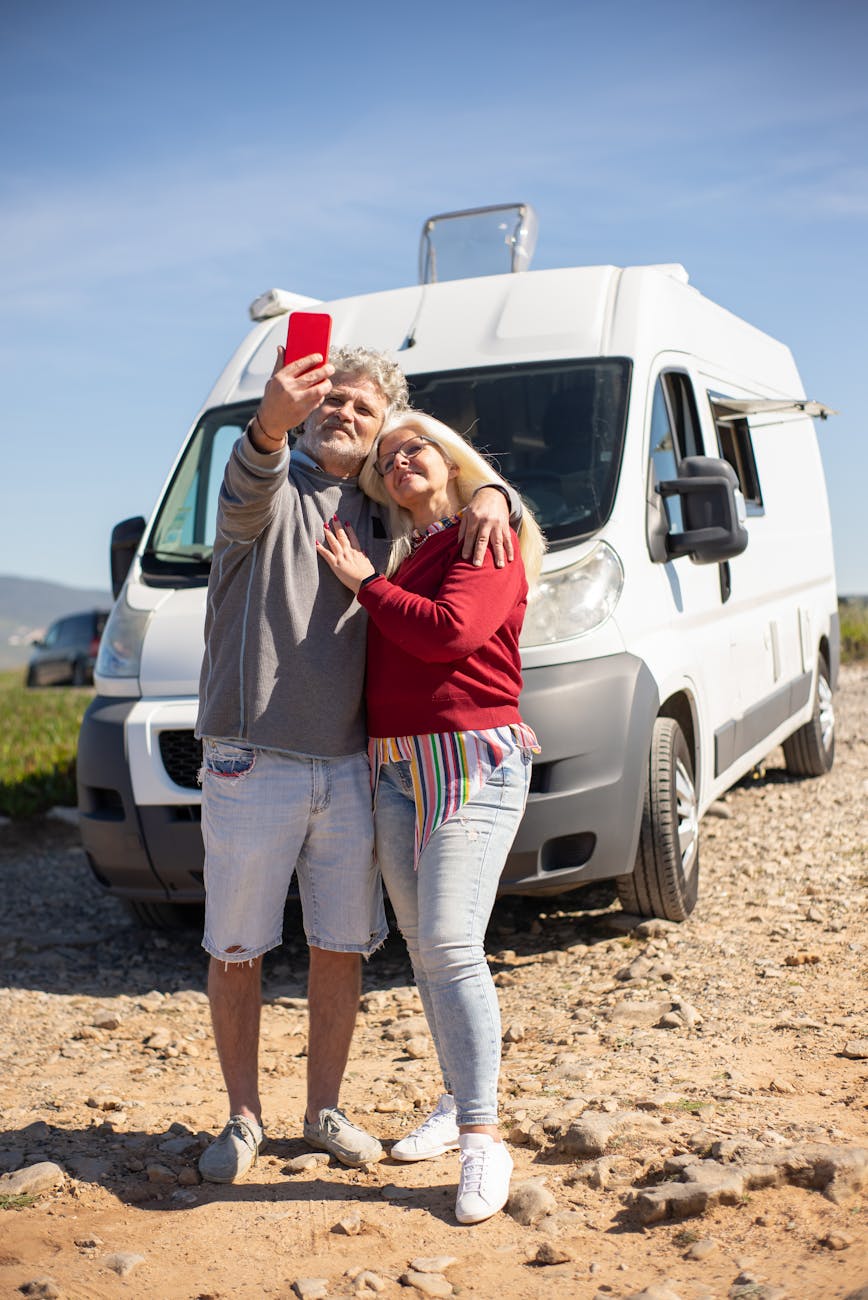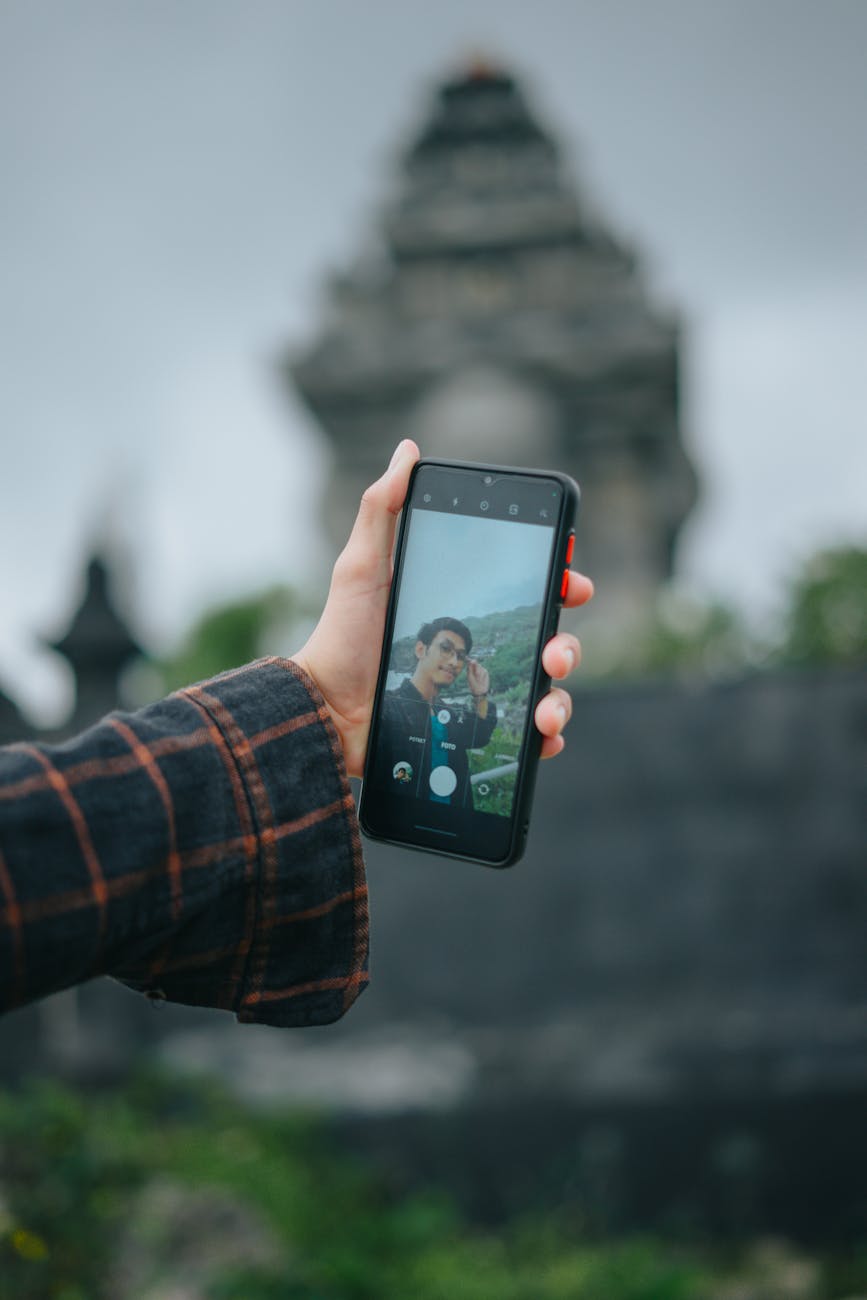Table of Contents
- Introduction
- The Pitfalls of Overexposure
- Loss of Destination Identity
- The Decline of Authentic Experiences
- Monetizing Paradise: Good or Bad?
- Towards Responsible Marketing
- Looking Ahead: A Brighter Future
- Frequently Asked Questions
Introduction
In a world increasingly driven by digital marketing, it’s essential to pause and reflect on how this practice influences our beloved holiday destinations. Are we inadvertently damaging the very places we long to explore? The expansive reach of social media, travel blogs, and online promotions could be altering how we perceive and experience these paradises. This blog post delves into the complexities of digital marketing, its impact on our journeys, and whether it ultimately enriches or ruins our perfect holiday spots.
As more and more destinations become Instagrammable hotspots, the consequences of this trend ripple through local communities, traditions, and the natural environment. Follow along as we navigate these pressing concerns while also considering the brighter side of responsible and thoughtful marketing.
The Pitfalls of Overexposure
Overexposure can indeed lead to a saturation that tarnishes the allure of even the most enchanting locations. Think about the iconic beaches, lush valleys, and picturesque mountains that lose their magic when they’re overrun by tourists clamoring for the perfect selfie. The sheer number of visitors can transform serene landscapes into bustling hubs, often spoiling the experience for everyone involved. No one seeks a holiday that feels like standing in line at a theme park.
Consequently, the sheer volume of content produced can overshadow the unique stories and cultures that define a destination. The unquenchable thirst for likes and shares generates a cycle where authentic experiences become secondary to social media presence. Thus, the soul of these locations diminishes as their charm wanes in the face of relentless exposure.
Loss of Destination Identity
As digital marketing reshapes popular perceptions, the identity of certain destinations finds itself at stake. A place originally celebrated for its distinctive charm and rich history can lose its essence, becoming just another backdrop for perfect Instagram photos. This phenomenon raises critical questions about authenticity. Are we valuing genuine cultural experiences, or are we merely seeking the perfect shot to boost our social media profiles?
Moreover, local traditions and customs may struggle to remain intact when every corner of a town becomes a potential photo op. The pressure to create content often overshadows the significance of immersive experiences, leading to a complex relationship between tourism and cultural preservation. Rather than remaining a vibrant community, certain destinations risk fading into caricatures of themselves, losing the elements that make them unique.
The Decline of Authentic Experiences
While it is true that digital marketing can ignite interest in hidden gems, it frequently leads to overcrowding, making it difficult for travelers to uncover genuine experiences. When a location becomes a trendy hotspot, the original charm may be eclipsed by crowds of tourists clambering for the same experiences. This decline in authenticity can leave travelers feeling unfulfilled, as they miss out on the heart and soul of a destination.
In essence, digital marketing not only influences where people go but also determines how they interact with their surroundings. The omnipresence of influencers can dilute the joy of discovering local eateries, traditional artisans, and hidden trails. Rather than fostering a sense of adventure and discovery, travelers may find themselves retracing the footsteps of countless others, stuck in the extensive web woven by marketing strategies.
Monetizing Paradise: Good or Bad?
One cannot deny that tourism serves as a backbone for many economies, often providing local residents with vital employment opportunities and stimulating growth. However, the relentless push for profits can lead to unsustainable practices, jeopardizing the very environments that attract visitors. The delicate balance between economic benefit and the preservation of natural and cultural resources becomes increasingly tenuous.
In an eagerness to capitalize, destinations might find themselves prioritizing short-term gains over long-term sustainability, sacrificing the unspoiled beauty that originally set them apart. Thus, the crucial question emerges: how can destinations find a middle ground that embraces tourism while safeguarding their essence? Responsible marketing strategies must be adopted to ensure that economic growth doesn’t compromise the identity and integrity of these spectacular places.
Towards Responsible Marketing
Navigating the complex landscape of digital marketing requires a commitment to responsible practices that prioritize sustainability. Destinations can leverage digital platforms to cultivate genuine connections, educate visitors, and promote off-the-beaten-path experiences. Fostering tourism that respects local cultures and environments benefits both travelers and the communities they visit.
Moreover, brands and marketers possess the power to shape perspectives, advocating for mindful travel habits and raising awareness about environmental issues. By doing so, digital marketing can enhance the overall experience, ensuring travelers engage with authenticity rather than mere spectacle. The key to success lies in promoting responsible tourism that celebrates the unique beauty of each destination, empowering visitors to appreciate rather than exploit these treasures.
Looking Ahead: A Brighter Future
The digital landscape is ever-evolving, presenting both challenges and opportunities for the tourism industry. Recent trends highlight a growing shift towards sustainability and responsible travel, signaling hope for the future. As consumers become more discerning, there’s an increasing demand for authenticity and immersive experiences over superficial engagements.
This transformation encourages destinations to take pride in their unique stories and showcase the authentic experiences that align with the values of a conscientious traveler. By embracing this momentum, we could create a harmonious relationship between digital marketing and the flourishing of natural and cultural heritage, ensuring that holiday destinations remain enchanting for generations to come.
Frequently Asked Questions
Is digital marketing harmful to holiday destinations?
While digital marketing holds the power to enhance visibility for destinations, it can also lead to overcrowding and the erosion of authenticity if not approached responsibly.
How can destinations promote sustainable tourism?
Destinations can focus on highlighting lesser-known attractions, educate visitors on local customs, and encourage off-peak travel to alleviate the pressure on popular sites.
What role do tourists play in maintaining a destination’s charm?
Tourists can positively impact a destination by choosing to respect local traditions, support local businesses, and advocate for responsible travel practices.
Can social media enhance the travel experience?
Absolutely! When used mindfully, social media can foster connections, inspire travelers, and cultivate an appreciation for diverse cultures, enriching the travel experience significantly.
What does the future hold for digital marketing in tourism?
The future of digital marketing in tourism likely hinges on a shift toward sustainability and authenticity, wherein travelers increasingly seek meaningful experiences that deepen their understanding of a destination.
Image Credit: Pexels





